Africa
Dreaming of being James Bond, a British man tries to spy for Russia
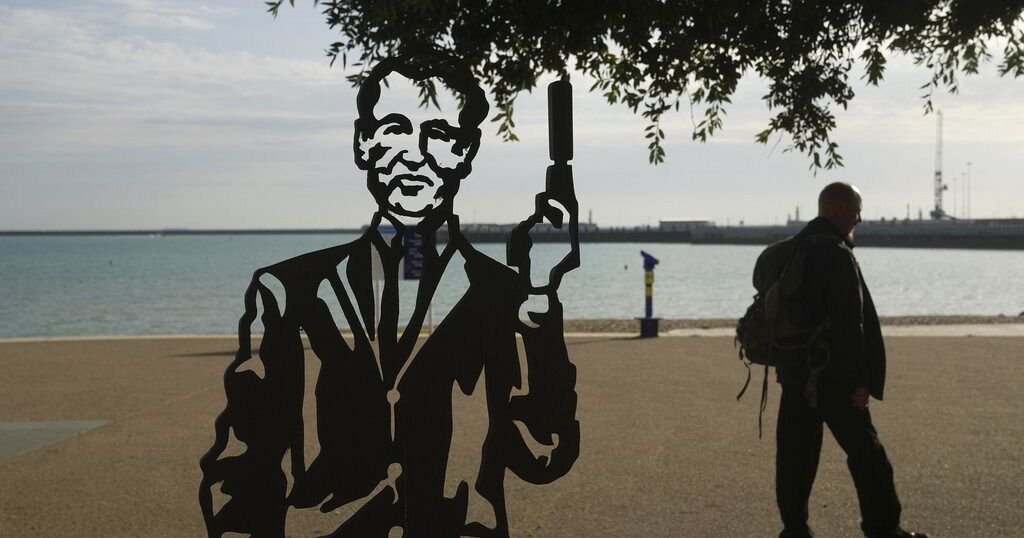
A British man who dreamed of looking like James Bond was convicted on Tuesday of attempting to spy for Russia.
Howard Phillips, 65, attempted to pass information about former Defence Secretary Grant Shapps to two men he believed to be Russian agents. In reality, they were undercover British secret agents.
The jury at Winchester Crown Court found Howard Phillips guilty of aiding what he believed to be a foreign intelligence agency. The unanimous verdict was reached after four hours of deliberation.
He has been remanded in custody and will be sentenced in the autumn. No specific date has been set.
Prosecutors said Mr Phillips had offered to pass on Mr Shapps’ details and the location where he kept his private plane to ‘allow the Russians to eavesdrop on British defence plans’.
The defendant’s ex-wife told the court that Phillips dreamed of being like James Bond’ and that he watched films about the British secret service because he was ‘infatuated’ with it.
Bethan David, head of the Crown Prosecution Service’s counter-terrorism division, said the conviction sent a clear message to anyone considering spying for Russia.
‘Mr Phillips was brazen in his pursuit of financial gain, with no regard for the potential harm caused to his own country,’ Ms David said.
Africa
Arab League holds emergency meeting to discuss Gaza humanitarian crisis
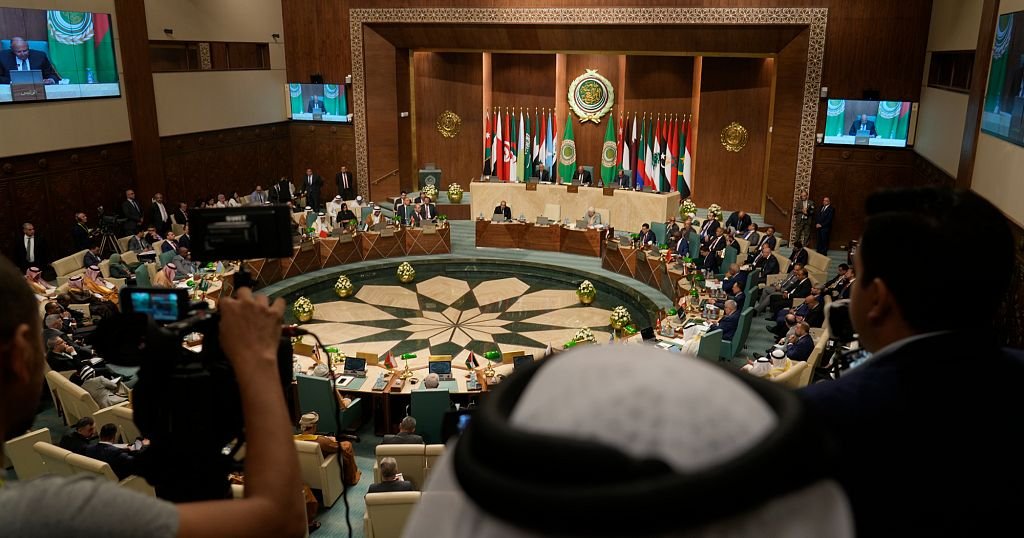
Representatives of the Arab League held an emergency meeting in Cairo on Tuesday to discuss the war in Gaza and the unfolding humanitarian crisis inside the enclave.
Palestine requested the extraordinary session amid the escalating famine threatening the more than 2 million people living in Gaza.
“Gaza is dying of hunger, Gaza is planned to be [evacuated], a so-called humanitarian city is being prepared for Gaza, a new city of death and prison under humanitarian labels”, said Ahmad Abu Holi, a member of the Palestine Liberation Organization’s executive committee.
Abu Holi condemned the Gaza Humanitarian Foundation, which has largely taken over aid distribution in the enclave since the end of Israel’s 11-week aid blockade.
He said the Israeli-backed group forces civilians to “fall in killing traps”, or “die from hunger.”
More than 1,000 starving people have been killed since the end of May, according to the United Nations Palestinian Refugees agency (UNRWA).
The UN food agency, meanwhile, accused Israeli forces of firing on a crowd of Palestinians seeking humanitarian aid over the weekend.
The Gaza Health Ministry called it one of the deadliest attacks on aid-seekers in the war that has driven the territory to the brink of famine.
Jordan’s representative to the Arab League, Amjad Adaileh, said the Arab states “won’t forget the steadfast Gaza whose people are bleeding, suffering and starving, due to the brutal and continuous violations against the [Gaza] Strip for 21 months.”
Several NGOs, including Amnesty International, have accused Israel of using starvation in Gaza as a weapon of genocide.
In a previous summit, Arab League leaders called for increased pressure on Israel to end the war in Gaza.
Africa
Moroccan Foreign Minister visits North Macedonia for talks on deepening economic ties
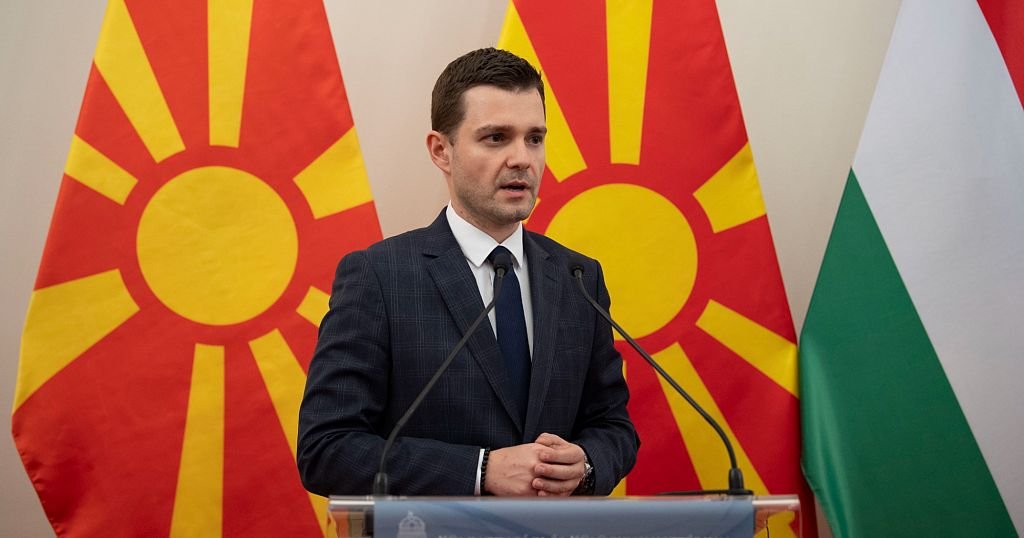
Morocco’s Foreign Minister Nasser Burita has visited Skopje for talks with his North Macedonian counterpart, Timco Mucunski.
The ministers said they discussed deepening the political dialogue between the two countries and developing a partnership in the areas of economy, tourism, culture, and infrastructure.
“However, our bilateral relationship is more significant than the politics itself,” Mucunski told reporters. “
“They should mean more achievements for our businesses and citizens, too. So, we open the next topic to hold a Business Forum in Morocco, where we will participate with our businessmen, to meet Morocco`s business sector, too, and to point out what kind of investments we should have and trade as well.”
Mucunski said North Macedonia and Morocco “share common strategic values,” including with the European Union, which Skopje is hoping to join.
“Here I see the relationship that Morocco has with the EU, but also the good relations that Morocco has with the US and the UK, two countries with which we share a strategic partnership,” Mucunski said.
Burita and Mucunski said they are working to establishing direct flights between the two countries, a step expected to improve communication and trade.
They also reaffirmed their support for the UN-led process for Western Sahara, highlighting a 2007 Moroccan initiative for autonomy as a credible basis for a solution.
The meeting marked the first visit of a Moroccan Foreign Minister to North Macedonia.
Africa
Cameroon: 81 candidates apply to run in presidential elections
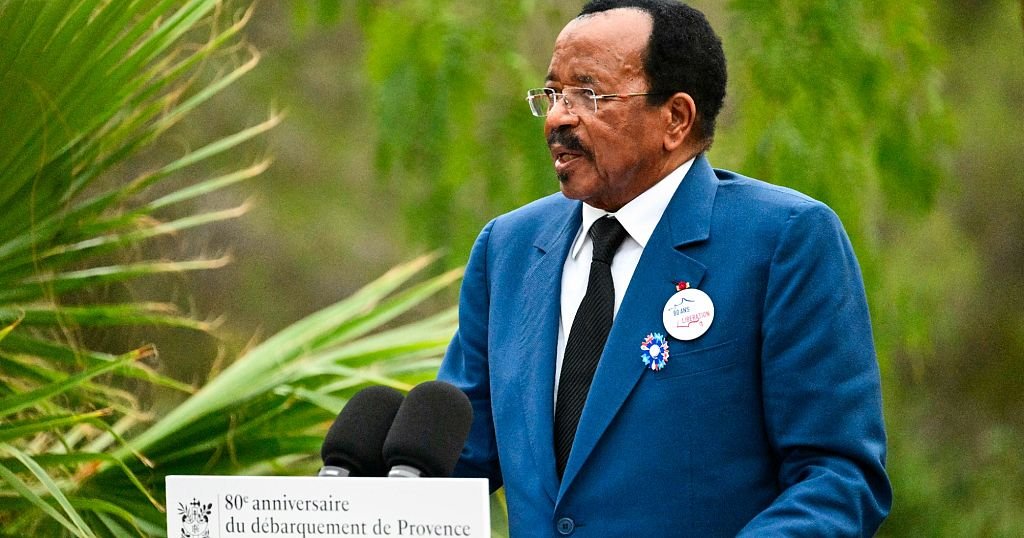
It’s a record number: 81 candidate applications to run in the presidential elections set for October this year were made to Cameroon’s national body in charge of organising elections by the deadline on Monday at midnight.
Among the hopefuls are many second-time runners.
After breaking away from supporting president Paul Biya earlier this year, Bello Bouba Maïgari is running in a presidential race for the second time in his political career.
The same goes for Maurice Kamto and Cabral Libii, with both also changing political party affiliations for the elections.
The flood of applications meanwhile remains dominated by men: out of the 81 total applications, only seven female candidates declared their intention to run in the presidential elections, among them Eliane Véronique Eboutou and independent candidates Mbengono Zouame Epse Ndzie Ngono Guyleine and Géneviève Zeh Amvene.
Biya’s grip on power is unlikely to be broken
Among the men, it is incumbent president and oldest head of state in Africa Paul Biya who dominates the list.
The 92-year-old, who has held power for the past four decades, recently declared his intention to run for office again despite growing concerns over his health and ability to lead the country.
Some local media speculated that the number of candidates could point to a growing wish for political change from the population, as well as a fracturing of Cameroon’s political landscape.
Despite Biya’s age, the president’s grip on power is unlikely to loosen through elections whose democratic nature is doubted, according to analysts.
Last week, Biya also reshuffled top military ranks in what was seen as a way to ensure his renewed run for the presidency would have the army’s backing.
The country now waits for the decision of the electoral council, set to approve or reject each application in the coming weeks.
The final list of candidates can be published at the latest 60 days before the elections.
-
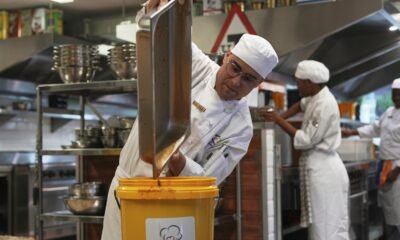
 Lifestyle5 days ago
Lifestyle5 days agoSouth African cooks aim to stir up 67,000 liters of soup to fight hunger on Mandela Day
-
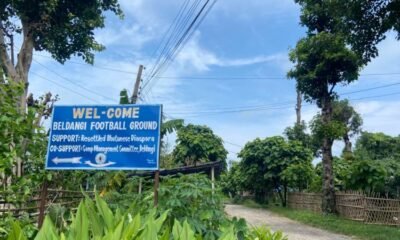
 Asia4 days ago
Asia4 days agoForced from Bhutan, deported by the US: these stateless Himalayan people are in a unique limbo
-

 Africa4 days ago
Africa4 days agoAtlas Lionesses roar into Afcon semi-finals, sparking celebrations in Rabat
-

 Europe4 days ago
Europe4 days agoL’Etape du Tour: How amateurs measure themselves up to pros on one of the world’s toughest stages
-

 Sports3 days ago
Sports3 days agoUnrelenting Scottie Scheffler leaves Open field in his wake. Can anyone catch him?
-
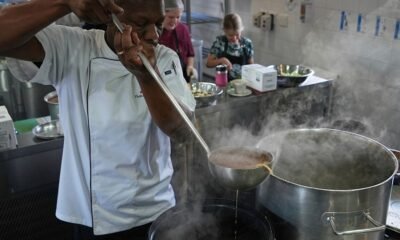
 Africa4 days ago
Africa4 days agoCooks spice things up for soup challenge as South Africa marks Mandela Day
-
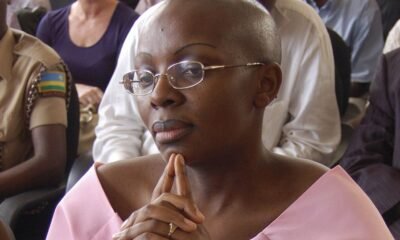
 Africa4 days ago
Africa4 days agoRwandan opposition leader Victoire Ingabire denied bail
-
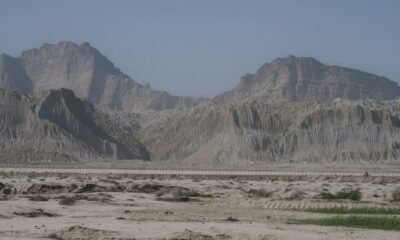
 Asia2 days ago
Asia2 days agoA couple were accused of having an ‘illicit’ relationship. Their community allegedly shot them dead




